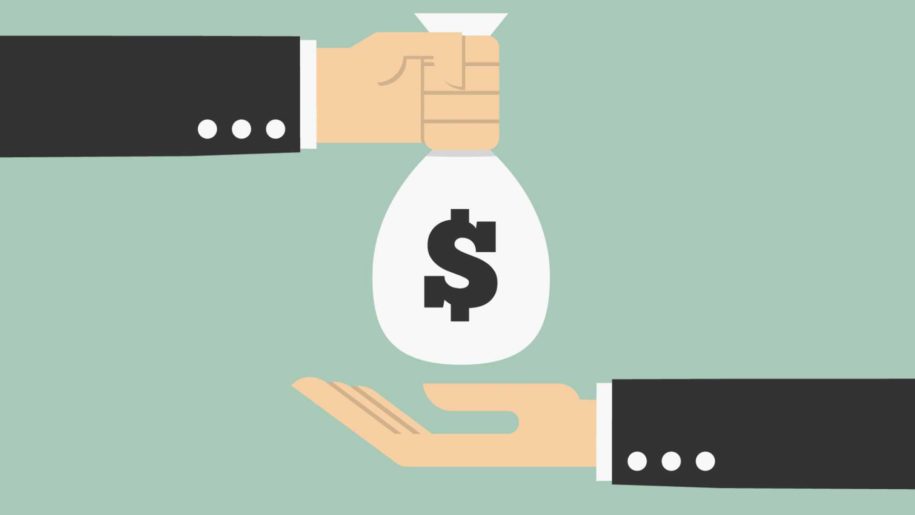When a company is unable to collect debts from their customers, they are often forced to turn to the services of a collections agent. A collection agent operates as a third-party liaison between businesses and their debtors, helping to resolve delinquent accounts and ensure that debts are paid in full.
To learn more about this unique occupation, we'll take a look at the duties and requirements associated with being a collection agent.

A collections agent is an individual legally licensed to locate debtors and recover delinquent payments on behalf of another company. Typically, a collection agent works for a registered Debt Collection Agency (DCA). However, it's perfectly legal for a collection agent to operate under the name of the creditor.
As you might expect, a collections agent must possess a unique blend of customer service and financial skills. These agents are responsible for locating debtors, setting up payment plans, and other activities to pursue successful debt recovery.
This set of responsibilities means that a collections agent must demonstrate empathy and creative problem-solving skills and be adaptable throughout the recovery process.
Additionally, a collections agent must legally abide by the Fair Debt Collection Practices Act (FDCPA), which dictates what is permissible when resolving past-due accounts.
What is the Difference Between a Collections Agent and a Debt Collector?

Generally speaking, a debt collector refers to anyone who seeks to recover a debt on behalf of another company. This definition can include collection agents, though it's also possible for a lawyer to operate as a debt collector as part of their law practice.
In other words, "debt collector" is a general term, while a collections agent is a specific type of profession that operates as a debt collector.
What Does a Collections Agent Do?

What is a typical collections agent job description? Collections agents typically work out of an office or call center, but their tasks vary considerably.
Researching and Locating Debtors
A successful collection starts with the right information. Many debtors can be hard to locate since they may have changed their address or phone number since they last dealt with their original creditor.
Collections agents use a practice known as skip tracing. This approach means that an agent may have to search through public records or online databases to obtain the contact information for the debtor. Skip tracing might include using background checks, credit reports, or other documents to establish contact with the debtor.
Negotiating a Payment Plan
Once the debtor has been located, the hard part can begin. Many debtors may screen their phone calls and may even hang up on a collections agent. Others may become defensive or even rude, which can pose a challenge for the collection specialist.
Agents must learn to empathize with the debtor but be persistent in creating a workable payment plan. In other circumstances, the agent may negotiate a settlement that allows the creditor to receive a percentage of the debt, which is naturally preferable to not receiving payment at all.
Initiate Repossession Proceedings
Of course, debt repayment is the best possible outcome. But what happens when a customer is unable or unwilling to pay their debts? The collections agent must then initiate the repossession proceedings or hand the case over to a legal practice specializing in debt collection to determine the next steps.

Thorough Documentation
Debt recovery demands a lot of record-keeping. Collection specialists have to keep detailed reports of the following:
- Customer communications (or attempts)
- Payment plans that the debtor has agreed to
- Settlements that the debtor has agreed to
- Amounts paid
Most credit bureaus rely on software to support their team members, helping streamline the collection process and allowing their clients to recover debts as smoothly as possible.
The Current Need for Debt Collection Services

The Consumer Finance Protection Bureau (CFPB) reports that one out of every three American adults has a file with a collection agency. The average debt is over $5,000, and all trends indicate that this number will climb in the immediate future.
This positioning makes debt collection a $13 billion industry, with over 40,000 workers nationwide. And if the above predictions are accurate, this need will continue to grow alongside America's credit card debts.
How to Become a Collection Agent

Thinking about pursuing a career as a collections specialist? With consumer debt on the rise, you can always count on job security. What should you expect if you pursue a career as a collections agent?
Average Salary for a Collections Agent
According to the employment site Glassdoor, the national average salary for a collections agent is $37,338 per year. However, you can probably expect to start a bit lower than this and climb to $35,000 to $40,000 once you gain a few years of experience.
However, as the New York Times reported in 2014, many agents can earn more through commissions, making it a lucrative industry for motivated people who land a position with an agency that doesn't place caps on commissions.
This lucrative option might make debt recovery a good entry point for those interested in finding a related job in the financial services industry. For example, many of the skills used as a third-party collection agent can transfer to a company's accounts receivable department, making you a valuable asset as a full-time employee of another business.
Job Requirements for a Collections Agent

To become a collections agent, you should generally expect to meet the following requirements:
- High school diploma or GED
- One to two years of experience in a call center or customer service setting
- Strong problem-solving skills
- Negotiation skills
Most credit bureaus will provide internal training to bring their agents up to speed on how to use their software or any specific information on the best practices for the creditors they represent.
How Do Collection Agents Get Paid?

Most collection agents receive a base salary, though they also receive a percentage of the debt that's recovered, similar to a sales commission. The exact rate can vary depending on the agency, the amount of debt recovered, and other mitigating factors.
The agency will often charge the creditor 10% to 50% of the debt, and the agent then receives a smaller portion of this as part of their payment.
Understanding the Fair Debt Collection Practices Act (FDCPA)
All debt collectors are legally bound to the Fair Debt Collection Practices Act (FDCPA), which governs the appropriate practices for collection specialists in the U.S.
The FDCPA protects consumers from unfair collection practices, such as harassment, attempts to contact you in unusual places, or continuing to contact you if you secure an attorney.
Debt collectors are therefore bound to the practices described in this document, as deviating from them can result in legal action against their credit bureau or client.
Avoid Debts through Better Invoicing

At HappyAR, we'd rather not see your company suffer from overdue invoices and past-due accounts. That's why our software helps you invoice faster and more efficiently than ever before, as well as send automated payment reminders to your clients, so bills don't go forgotten.
These state-of-the-art solutions give you better access to your cash flow, all while handling routine administrative tasks to keep you focused on your core business activities. Get started today with a free trial, and say goodbye to your delinquent accounts today.

